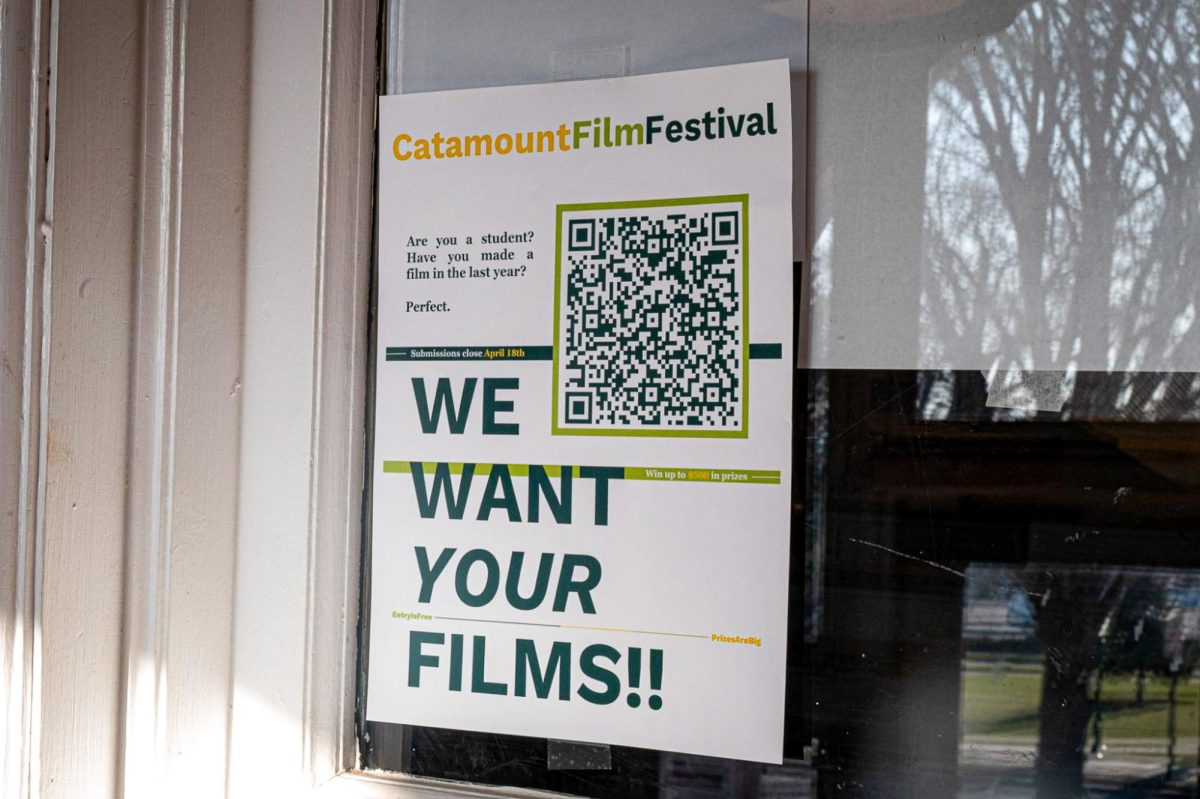Right now the global community is facing one of the greatest threats ever- worldwide oil depletion.
Have you ever looked back on some culturally significant, devastating era in history-the Great Depression, lets say-and wondered what you yourself would have done had you lived through such a time?
What if you lived through it with knowledge twenty years prior that such a catastrophe was some day going to take place? How would you prepare?
I ask these questions because they are questions I have been asking myself lately.
They are, indeed, questions that any number of Vermonters, my family included, have been asking of themselves.
No, I don’t belong to a doomsday cult. What I want to address is very real. What I am talking about is Peak Oil.
This refers to the period in which oil production is at its peak, something that will occur within the next few years.
After that point, oil production will go down. It will not disappear, nor will it run dry right away.
Instead, oil production will reflect past years of production-such as the amount produced in 1997, for example-but demand will, of course, still be solidly grounded in the present. Everyone agrees that this will happen, although most politicians shy away from acknowledging this fact.
A pamphlet called Oil Depletion and the Fate of the World sums up this situation nicely: “Even Exxon-Mobil recently stated that, due to depletion, it will be necessary to replace 80% of current production with new fields by 2015.
In other words, we need to find four new Saudi Arabias in the next 11 years just in order to keep oil production flat.”
Even by the most conservative estimates, we are, to put it bluntly, screwed. This problem is much more far-reaching than increased prices at the pumps. Consider, for example, the fact that modern agriculture is incredibly energy-intensive; think about the fuel needed to power agribusiness machinery, to produce fertilizers, herbicides, and pesticides.
The average item of food travels 1,300 miles to make it to your plate. Consider the energy it takes-most of it powered by oil-to package that food, to keep it refrigerated, and ultimately to cook it.
This is just one aspect of our daily lives that will be affected. Think about the effects this will have on the overall economy, on housing, and modern medicine.
The results of oil depletion will be a complete transformation of society as we know it, and this will happen to all of us within our lifetimes.
Is there anything we can do about this? Yes. We can all prepare. My family, for example, is planning on building a passive-solar home and a greenhouse.
Of course, the majority of Americans do not have the time or money to do this. What we can do, on a local level, is prepare by becoming more energy-efficient today.
We can encourage our community to provide effective means of mass public transportation.
We can support local agriculture so that when it comes down to it, we will not be reliant on large agribusiness to supply us with food.
We can talk to members of our community and politicians about seriously considering alternative, clean forms of energy-wind production, for example.
I hope people take this issue very seriously. I believe it is in everyone’s best interests that you do.











